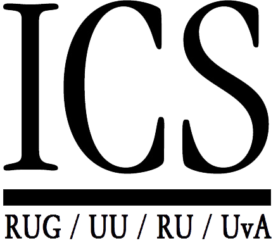Privacy
For part of the project we will collect part of the data via online questionnaires in the Netherlands and Germany. For the different rounds of data collection, we are working together with Kantar TNS, one of the world’s leading data companies.
Kantar TNS is a well-known research agency in the Netherlands, they adhere to the WPP Code of Conduct and work according to national laws, rules and regulations. Panel members from Kantar TNS will be invited to participate in our research.

All responses from future respondents will be processed anonymously and strictly confidentially: personal information that could directly identify an individual will be removed. This way, individual respondents cannot be identified. Panel members will first receive an information letter in which detailed information is provided about the nature of the project and what is expected from the respondent. We explain what kind of data will be collected, who has access to the data and how long the data will be stored and when it will be destructed. We also provide contact details for questions and possible complaints. After the information letter, a document will be provided with all the implications of consent. Only after giving full consent, will respondents be forwarded to the online survey.
After the data collection, the research team will receive an anonymous data file with all the responses provided by the respondents. The data is protected and stored separately, and will never be provided to third parties. Data that will be made public – via DANS, the Netherlands institute for permanent access to digital resources – will also be anonymous and not traceable to individual respondents. An important reason to make our data (without the personally identifiable information) public via DANS is that it can be used for future research.
Our research is carried out according to scientific standards and is done fairly and objectively. Finally, this study is approved by the Ethics Committee of the Faculty of Social and Behavioural Sciences of Utrecht University and by the Ethical Board of the European Research Council.


